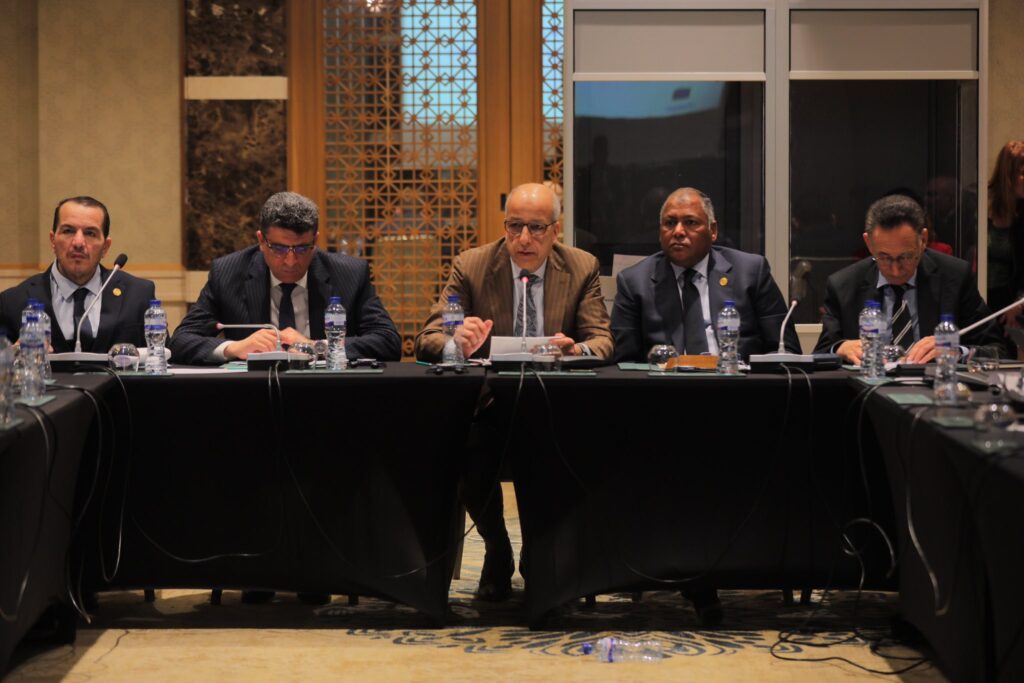There is an urgent need for a clear economic vision in Libya because the country is at risk of falling behind clean energy global trends due to its dependance on oil, the International Monetary Fund (IMF) said on Friday.
This comes after the conclusion of a week-long talks during March 11-17 between an IMF mission and representatives of the Libyan Government of National Unity and the Central Bank of Libya under Article IV of the IMF’s Articles of Agreement.
According to IMF’s concluding statement, Libya’s economic fortunes will hinge on oil and gas production for the foreseeable future. However, the key risks to the outlook are “lower oil prices due to lower-than-expected global growth, and renewed conflict and/or social unrest that leads to disruptions in oil production.”
IMF also said that Libya’s dependance on oil poses a challenges for the country’s economic growth due to “the speed at which the international community is mobilizing to reduce carbon emissions and recent leaps in clean energy technology”.
“Libya is at risk of falling behind these important global trends” and “faces the daunting challenge of reducing its reliance on hydrocarbons while fostering stronger and more inclusive private sector-led growth,” IMF said.
“Structural reform efforts should focus on strengthening institutions and developing a more purposeful and transparent economic strategy for the future,” said the U.N. financial agency. “This would be an opportunity to rally the population behind a clear plan to optimize the use of oil revenue to achieve economic diversification and improve living standards and inclusivity.”
The IMF commended some measures taken by the Central Bank of Libya, including the currency’s devaluation, which it says “helped maintain a large stock of international reserves.”
“Looking ahead, the stability of the exchange rate will remain an important anchor for monetary policy,” IMF said.
Based on the preliminary findings of the talks with Libyan authorities, IMF staff will prepare a report that, subject to management approval, will be presented to the IMF Executive Board for discussion and decision.
